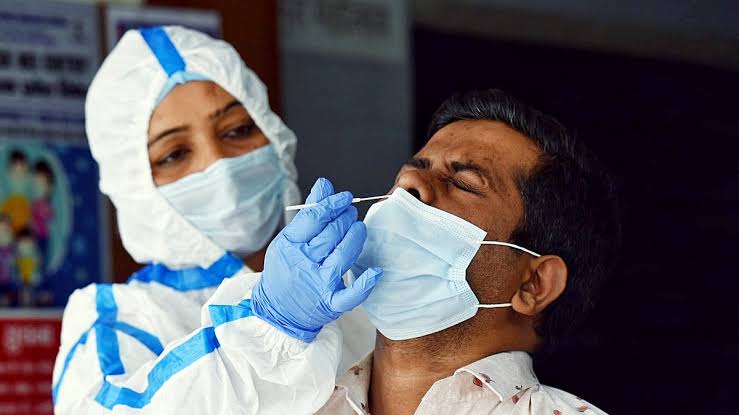For nearly five years, the world has seen repeated waves of Covid-19 infections, with new variants emerging every 8 to 10 months. In recent months, a fresh wave driven by Omicron and its sub-variants has been reported in several countries. The month of May was also challenging for India due to a rise in Covid cases.
Between 22 May and 15 June, the number of active Covid cases in India rose to nearly 7,400. However, this number has now started to decline. As of 22 June (Sunday), data shared on the Covid dashboard of the Union Health Ministry showed that active cases had dropped to 4,754.
Globally, two variants – nicknamed Nimbus (NB.1.8.1) and Stratus (XFG) – are being seen as the major reasons behind this recent surge. Due to the rising risks in May, the World Health Organization (WHO) classified NB.1.8.1 as a variant of monitoring. It was earlier listed as a variant of interest.
What does “variant of monitoring” mean?
When a variant is marked as a variant of monitoring, it means it now requires close attention and active tracking. A variant of interest is a stage where the changes in the virus are being studied, but it is not yet considered a major concern.
According to WHO’s latest updates, there are currently six Covid variants that have been placed under the variant of monitoring category. Experts are watching these closely due to their possible health risks.
The 6 Covid variants under monitoring as of 23 May 2025 are:
- KP.3
- KP.3.1.1
- LB.1
- XEC
- LP.8.1
- NB.1.8.1
Scientific teams have observed some extra mutations in these variants, which may make them spread more easily. These mutations could lead to faster transmission in communities, which is why people are advised to stay cautious.
Also Read: COVID-19 vs Flu Symptoms: How to Differentiate Between Them
Mild waves may continue each year
David Hui Shu-cheong, a professor of respiratory medicine at the Chinese University of Hong Kong, says that due to falling antibody levels in the global population, small outbreaks of Covid-19 may continue to happen every six to nine months. He says people should remain alert to such risks.
To stay protected, people in high-risk groups (such as those aged 65 and above or those with comorbidities) are advised to get a yearly Covid-19 vaccination after consulting with their doctor.


